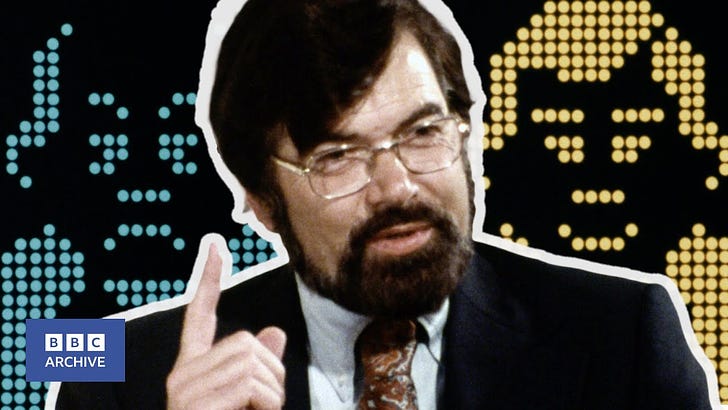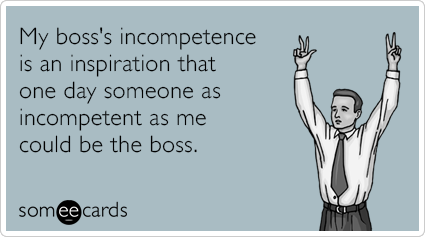Listen to Dr Laurence J. Peter explain the Peter Principle
Paper 1 - Administrative Thought, Personnel Administration | Reading time - 9 min (includes video - 7 min)
While the above video is the abridged version, here is the complete interview (23 mins)
The Peter Principle states "In a hierarchy, every employee tends to rise to his level of incompetence"
In 1969, Dr Laurence J Peter a Canadian Professor of Education collaborated with playwright Raymond Hull to publish a satirical book known as The Peter Principle.
The book was intended to be a parody of management theory. Unexpectedly, it became so popular as the content was extremely relatable and sold millions of copies. Dr Peter picked real-life examples and explained how this principle works. You can watch the above video to get the details.
One blog quoted the example of Dr Manmohan Singh to illustrate the Peter Principle. He had been one of the best economists that country has had. His contribution to the 1991 reforms had been critical to ushering in the growth that India experienced.
Yet, this expert economist when promoted to the post of Prime Minister faced a number of challenges. I would not completely agree with this view. In the first five years when he was the PM, India witnessed double-digit growth. So his economic prowess was put to benefit the nation. But, the role of the PM required him to manage the governance aspects of the nation.
It was the huge gaps in the governance processes seen through the slew of scams that broke the trust of the people.
What is your view about this example? Do you know any other relevant examples to illustrate the Peter Principle in Contemporary times?
Why there is no relationship between competence and hierarchical movement?
Promotions in government administration are largely time-bound. There is not much consideration for merit.
There is a conflict between hierarchy and specialization. An officer might be a specialist at the micro position, but not competent at the macro position.
Trained incapacity – mediocrity, conservatism, and fear of mistakes start setting in as an officer rises in the hierarchy.
Alvin Gouldner had said, “there is a continuous training in mistake avoidance” to save themselves
A good bureaucr is one who is - “Loud in mouth, slow in work and impeccable in paper work”
How can we avoid the pitfalls of Peter's principle?
Periodic training especially as a precondition before a promotion
Job rotations and roleplaying
Merit-based or performance-based promotions
Better performance appraisal systems – like a 360-degree appraisal
To overcome the problems of peter's principle, there is direct recruitment for senior-level posts. Higher levels of competition are there for senior levels posts.




